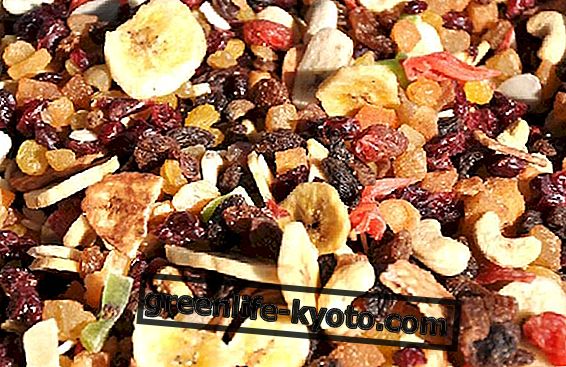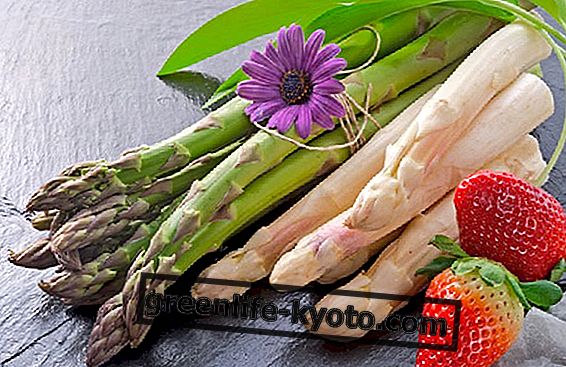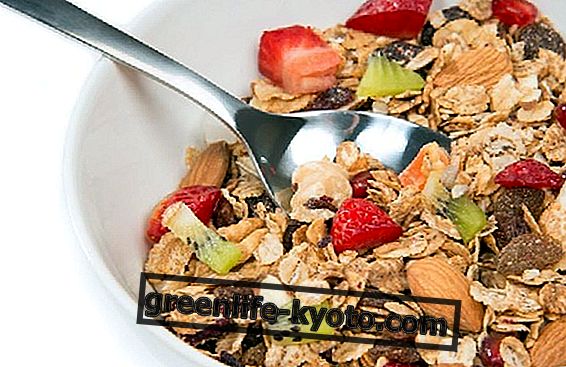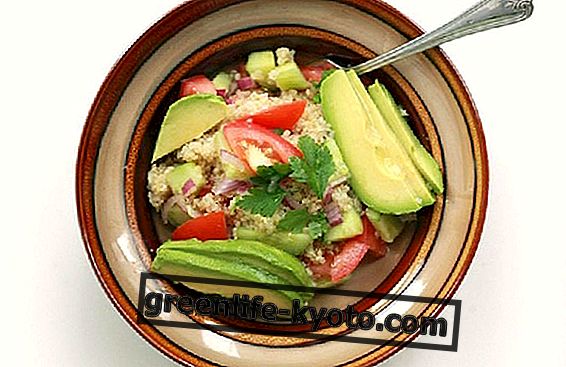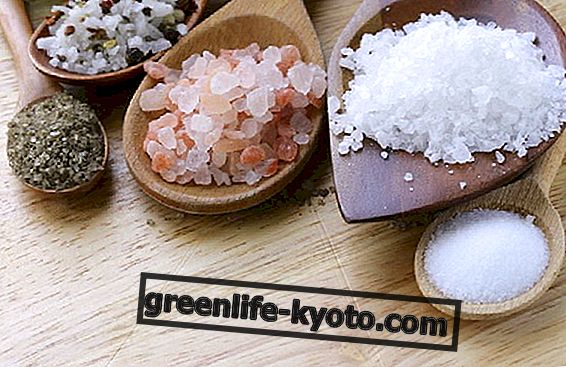
I wrote this article as WE all, we are subject to the "signals" that our body gives us to indicate its inner malaise. Let me explain better, the illness (any), the pains, the psycho-physical disorders that our body proposes to us, are NOT other than signals, warnings that tell us precisely that our inner mind NO longer has the ability to "absorb" without damage that situation that is, at this point, narrow!
It is precisely thanks to them that we can therefore, once we have made a small analysis of the origin, try to change our life path or alternatively, if this were NOT momentarily possible to accept it as a temporary situation and NEVER definitive, this would lead us to " diminish "the pressure that our mind exercises to change the situation and therefore it would allow us, at least, if not to heal completely, to have a discomfort, a disease, a reduced disorder, very reduced!
To demonstrate the effectiveness of my words, I invite you quietly to write on this site indicating the disease, or physical disorders and I will be happy to do, via telematics, a small analysis with the explanation of why your body is experiencing this situation.
They are little things that can make us open a big ... road!
If you want, I remain at your complete disposal.
Thanks to Tutti from Bonne Vie. Alessandro Forlivesi - Lucca
- tel. 3478925674
